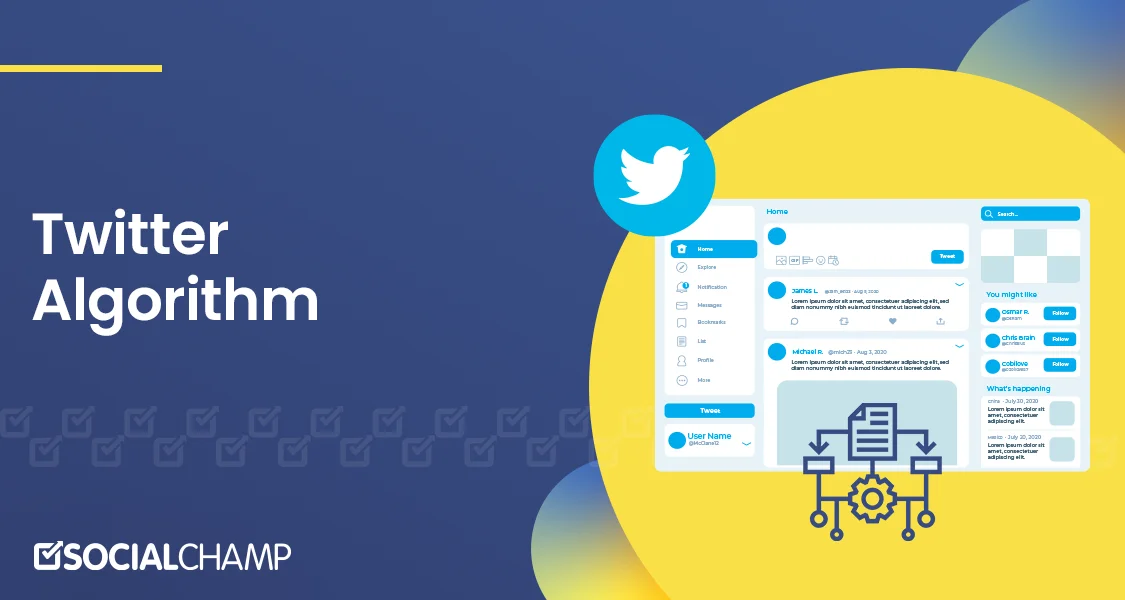Chat With Twitter Algorithm

Description
🖼️ Tool Name:
Chat With Twitter Algorithm
🔖 Tool Category:
AI-powered code exploration and transparency tool; it falls under the category of Programming & Development and Education & Training.
✏️ What does this tool offer?
Chat With Twitter Algorithm is an interactive AI tool that allows users to explore and understand the open-source Twitter recommendation algorithm (as released by Twitter on GitHub). Users can ask natural language questions about how the algorithm works, and the tool responds with answers grounded in the actual codebase and documentation.
⭐ What does the tool actually deliver based on user experience?
• Natural language interface to interact with Twitter’s recommendation system code
• Code-aware responses that cite relevant files and functions
• Summarization of complex algorithmic logic (e.g., tweet ranking, engagement scoring)
• Ability to ask “why” and “how” questions about model behaviors
• Insight into scoring systems, signal weighting, and user personalization
• Useful for developers, researchers, and transparency advocates
🤖 Does it include automation?
Yes —
• Automatically scans relevant code segments in response to questions
• Matches user intent with algorithmic components
• Extracts logic, comments, and structures from the open-source repository
• Generates summaries, explanations, and reference links
💰 Pricing Model:
Free
🆓 Free Plan Details:
• Unlimited Q&A about the Twitter algorithm
• Full access to AI assistant and code base
• No registration required (in most versions)
💳 Paid Plan Details:
• None — built primarily as an open-source research/education utility
🧭 Access Method:
• Web App (hosted via third-party projects or Hugging Face Spaces)
🔗 Experience Link:
https://huggingface.co/spaces/taranjeet/chat-with-twitter-algorithm